

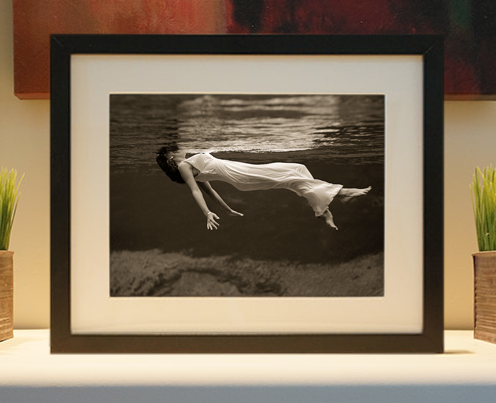
Framed or unframed, desk size to sofa size, printed by us in Arizona and Alabama since 2007. Explore now.
Shorpy is funded by you. Patreon contributors get an ad-free experience.
Learn more.

- Lofty addition
- In 1912
- Keenan Building
- Six years old
- Taken from the P.J. McArdle Roadway?
- It stood only 47 years
- Three track mind
- Incline to the right
- Reach for the sky, 1912 style
- No clean sweep
- Same Job Title, Same Face
- Sadly Lost
- Beautiful ...
- Where you get your kicks
- Aim High
- Pueblo Revival sisters
- Pueblo Neoclassicism
- Milk Man
- Regional dialect.
- Spielberg's inspiration
- Great Photo
- Loaf Story
- Do you still have the Rakes category?
- Could almost be a scene from the 1957 movie 'Hell Drivers'
- The Wages of Fear.
- Conspicuous by their absence
- Got Milk?
- All that aluminum
- No lefties
- Smoke 'em if you've got 'em
Print Emporium
Cold Harbor: 1865
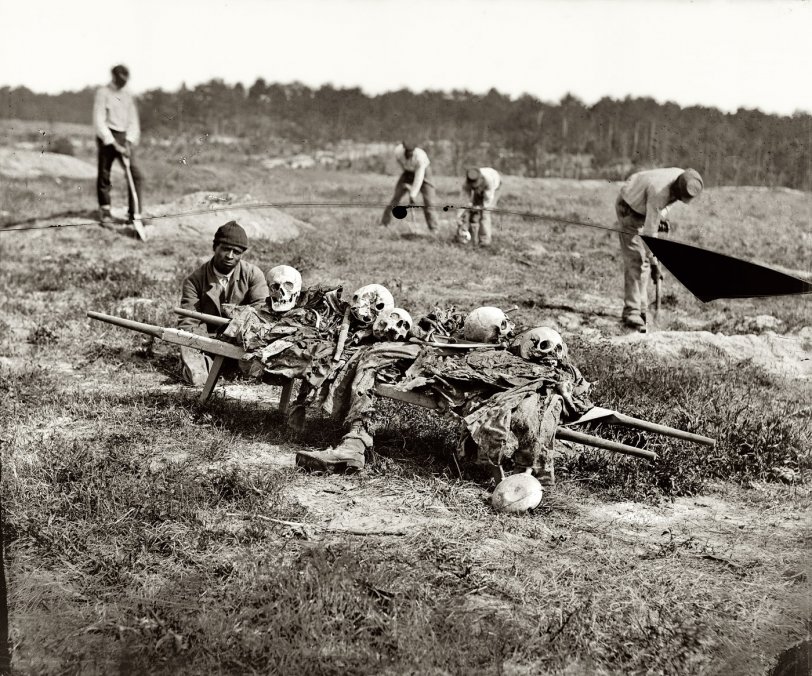
April 1865. "Cold Harbor, Va. Collecting bones of soldiers killed in the battle." Photograph from the main Eastern theater of war, Grant's Wilderness Campaign, May-June 1864. Wet plate glass negative by John Reekie. View full size.
One Final Note...
The same month this ghastly, haunting photo was taken --- on Palm Sunday (April 9) 1865 --- Lee surrendered to Grant at Appomattox Court House, 108 miles east of Cold Harbor. The hideous cost of that vital victory, without which there would have been no United States of America, is here displayed. We owe these unknown soldiers a profound and enduring gratitude.
Tactical tragedy, strategic triumph
In his memoirs --- written as he saw his own death swiftly approaching --- Grant wrote, "At Cold Harbor no advantage whatever was gained to compensate for the heavy loss we sustained."
But then, as now, the Northern newspapers got it wrong. Grant was no mere "fumbling butcher," and his strategy was about to pay off. Cold Harbor was to be Lee's last victory.
As Wikipedia notes in its summation of the battle's aftermath, "the campaign had served Grant's purpose — as foolish as his attack on Cold Harbor was, Lee was trapped. He beat Grant to Petersburg, barely, but spent the remainder of the war (save its final week) defending Richmond behind a fortified trench line.
"Although Southerners realized their situation was desperate, they hoped that Lee's stubborn (and bloody) resistance would have political repercussions by causing Abraham Lincoln to lose the 1864 presidential election to a more peace-friendly candidate [former commander of the Army of the Potomac George McClellan, a brilliant trainer of troops and an irresolute disaster as a wager of war]. But the taking of Atlanta in September dashed these hopes, and the end of the Confederacy was just a matter of time."
Unlike many earlier Union generals such as McClellan --- who retired from each defeat to lick their wounds and "await reinforcements" --- Grant seized Lee by the lapels and never let go until Appomattox. This, combined with Sherman's "total war" in the March to the Sea that destroyed the economic wherewithal of the South, doomed the Confederacy and brought down the curtain on the nation's bloodiest war.
Cold Harbor Aftermath
This one almost did Grant in politically. He was roundly labeled a "butcher" by the northern newspapers.
The Horror of Cold Harbor
The night before the so-called Battle of Cold Harbor, Va. --- a headlong attack across difficult terrain against a well-prepared enemy in fixed defenses, which anticipated the murderous conditions of the Western Front fifty years later --- many of the 40,000 Union troops who took part wrote last letters home, final Wills & Testaments, even notes pinned to their clothes in hopes that their bodies might be identified and their fate accurately reported to loved ones back home.
As this photo shows, for many men that was a forlorn hope.
As one website notes, "In the initial charge, which lasted less than 10 minutes, nearly 7,000 Union soldiers were killed or wounded. Not until World War I would an army suffer such a high casualty rate. Ulysses S. Grant, the Union’s recently appointed general-in-chief, would one day write in his memoirs,’I regret this assault more than any one I ever ordered.' "
"Burial Detail"
Kristine Kathryn Rusch wrote a short story called "Burial Detail" based on this picture. In it a freed slave is gathering the remains of dead Union soldiers at Cold Harbor while a photographer takes his picture. It's part of a collection titled "Stories for an Enchanted Afternoon" and it really is haunting. Almost as haunting as the picture itself.
Yikes
That would be a very unsettling task. Especially with the skeletons still wearing clothing...
Wow...
That is horrendous. And I thought I've had some bad jobs.
The knee bone's connected to the....
Wow, a skeleton wearing army boots. So much decay in less than a year.





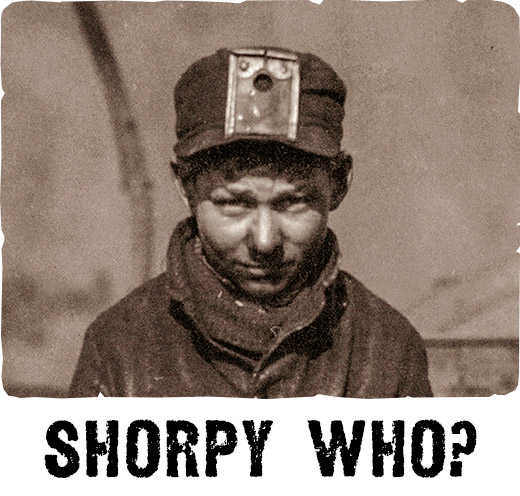
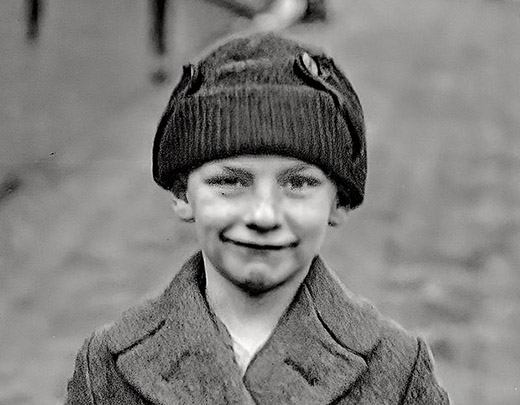
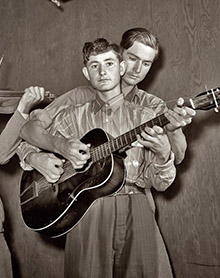
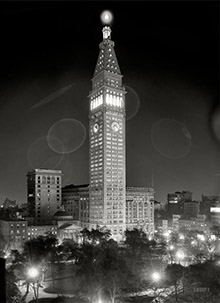
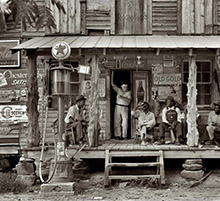
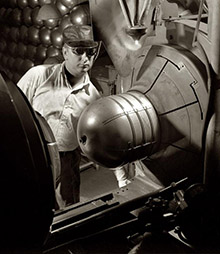
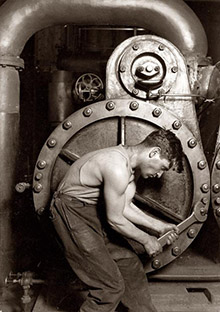
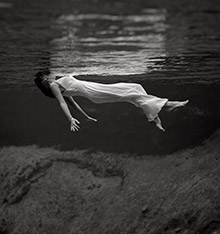
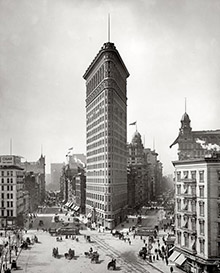



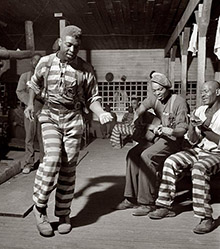
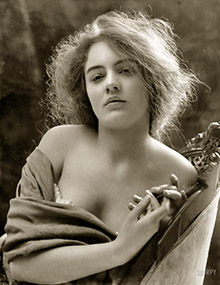
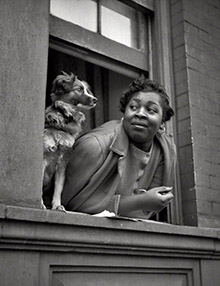

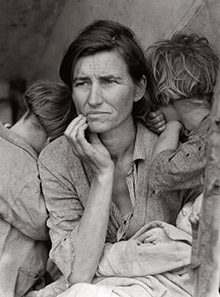

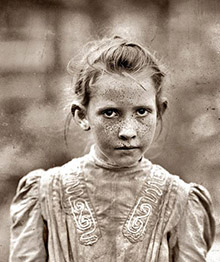
On Shorpy:
Today’s Top 5